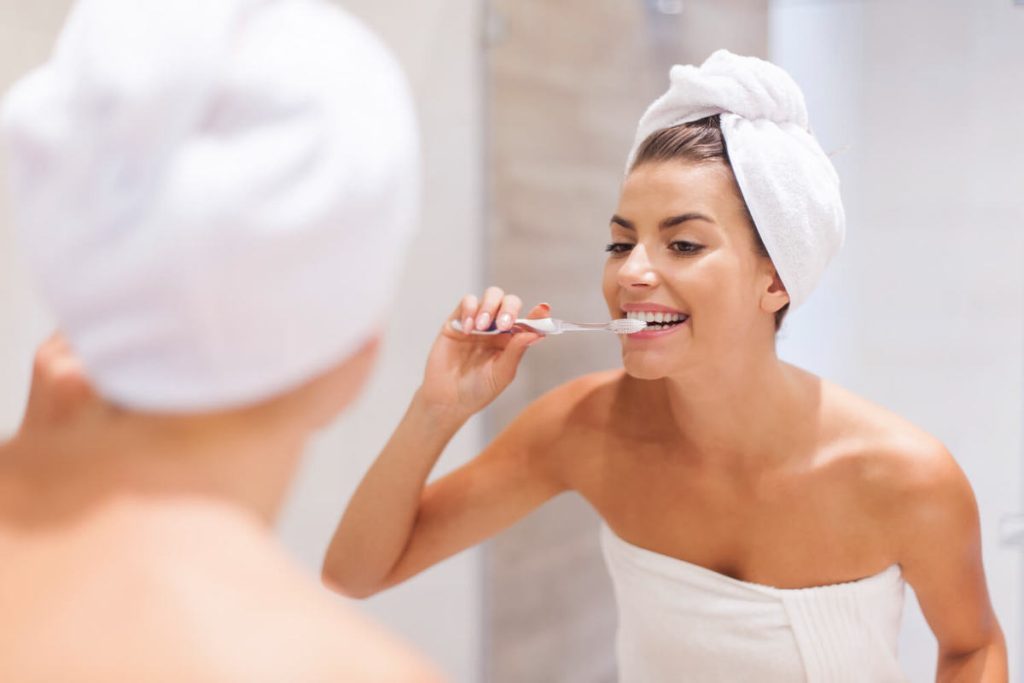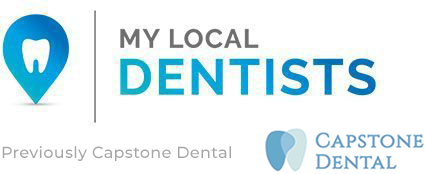Diet and Nutrition for the Teeth

Building a house requires quality materials and careful planning. Similarly, your body—mainly your teeth—needs the proper nutrients to stay healthy.
Just as you wouldn’t expect a solid house from subpar materials, you shouldn’t expect optimal dental health from a poor diet.
Understanding how diet impacts your teeth and gums is crucial for maintaining a healthy smile.
This guide will explore how your diet affects dental health and provide practical tips for keeping your teeth in shape.
The Connection Between Diet and Dental Health
Why Nutrition Matters for Your Teeth
Imagine trying to build a house with weak or inadequate materials. You wouldn’t expect the house to be solid and durable, right?
The same principle applies to your body. Your teeth may suffer if you don’t get enough essential vitamins and nutrients in your diet.
Proper nutrition is not just about eating fruits and vegetables; it’s about understanding which foods provide the nutrients your body and teeth need.
Your diet significantly influences your gums and teeth. The primary concern is tooth decay, which occurs when bacteria consume the sugars in your mouth’s food.
The acids these bacteria produce harm the enamel, your teeth’ outer protection layer. Maintaining dental health and a balanced diet can help stop this process.
Essential Nutrients for Healthy Teeth
To build strong, resilient teeth, your diet should contain a range of nutrients:
- Calcium: Essential for strong bones and teeth. Leafy greens, plant-based milk that has been fortified, and dairy products all contain it.
- Vitamin D: Helps your body absorb calcium. Sources include sunlight exposure to fatty fish and fortified foods.
- Vitamin C: Vital for gum health. Available in citrus fruits, strawberries, and bell peppers.
- Phosphorus: Strengthens teeth by combining with calcium. It is found in meat, poultry, fish, and nuts.
How Diet Affects Oral Health
Tooth Decay and Diet
Tooth decay is a diet-related disease caused by sugars in your food and drinks.
These sugars are absorbed by bacteria in your mouth, which then turn them into acids that erode the tooth enamel.
Managing your diet to prevent these acid attacks and maintain healthy teeth is crucial.
The Role of Water
Drink Lots of Water
Water is the best beverage for teeth. It’s calorie-free and almost free, and most tap water in Australia contains fluoride, which helps prevent tooth decay.
Drinking water throughout the day can significantly affect your oral health.
- Rinsing Effect: Drinking water after meals helps rinse away plaque and minimise stains.
- Fluoride Benefits: Fluoride in tap water can significantly reduce tooth decay.
Limit Snacking Between Meals
Although saliva helps counteract the acids that bacteria in your mouth make, frequent munching does not shield your teeth from acid erosion.
Limiting snacks and sugary treats to mealtimes can help protect your enamel.

Foods to Watch
Sugary Foods
While sugary foods are an obvious culprit, even foods with hidden sugars, such as cereals and dried fruits, can cause tooth decay.
These foods nourish dangerous bacteria in the mouth by breaking them down into sugars.
- Sugary Foods: Limit intake and balance with water to wash away sugars.
- Natural Sugars: Fruits and fruit juices contain natural sugars that can still contribute to tooth decay.
Acidic Foods
Acidic foods and drinks (e.g., lemons, tomatoes, soft drinks) can wear down your teeth over time.
Limiting these and drinking plenty of water to neutralise the acids is advisable.
Beneficial Habits
Chewing Sugar-Free Gum
Chewing gum without sugar can be good for your teeth. It stimulates saliva production, which helps neutralise acids and prevent decay.
- Saliva Production: Chewing sugar-free gum for 20 minutes after eating can help maintain a healthy oral environment.
Take Action for Your Dental Health
Maintaining optimal dental health goes beyond regular brushing and flossing; it involves making informed dietary choices that support the strength and longevity of your teeth.
Drinking water, limiting snacks, balancing your diet, and considering the benefits of sugar-free gum can significantly improve oral health.
Consult a professional dietitian if you have specific dietary concerns or need personalised advice.
They can tailor recommendations to address your unique needs and help you achieve dental health.
Dental Health in Seven Hills
Ready to enhance your smile with a healthy diet?
Schedule a consultation with one of our Seven Hills dentists at My Local Dentists to learn more about how nutrition impacts your teeth and to get personalised advice. Your smile deserves the best care!
Contact your Seven Hills dentist at (02) 8605 1696 and take advantage of our NO GAPS OFFER.
We are at Shop 55, (Ground Floor) Seven Hills Plaza, 224 Prospect Hwy, in Seven Hills.
